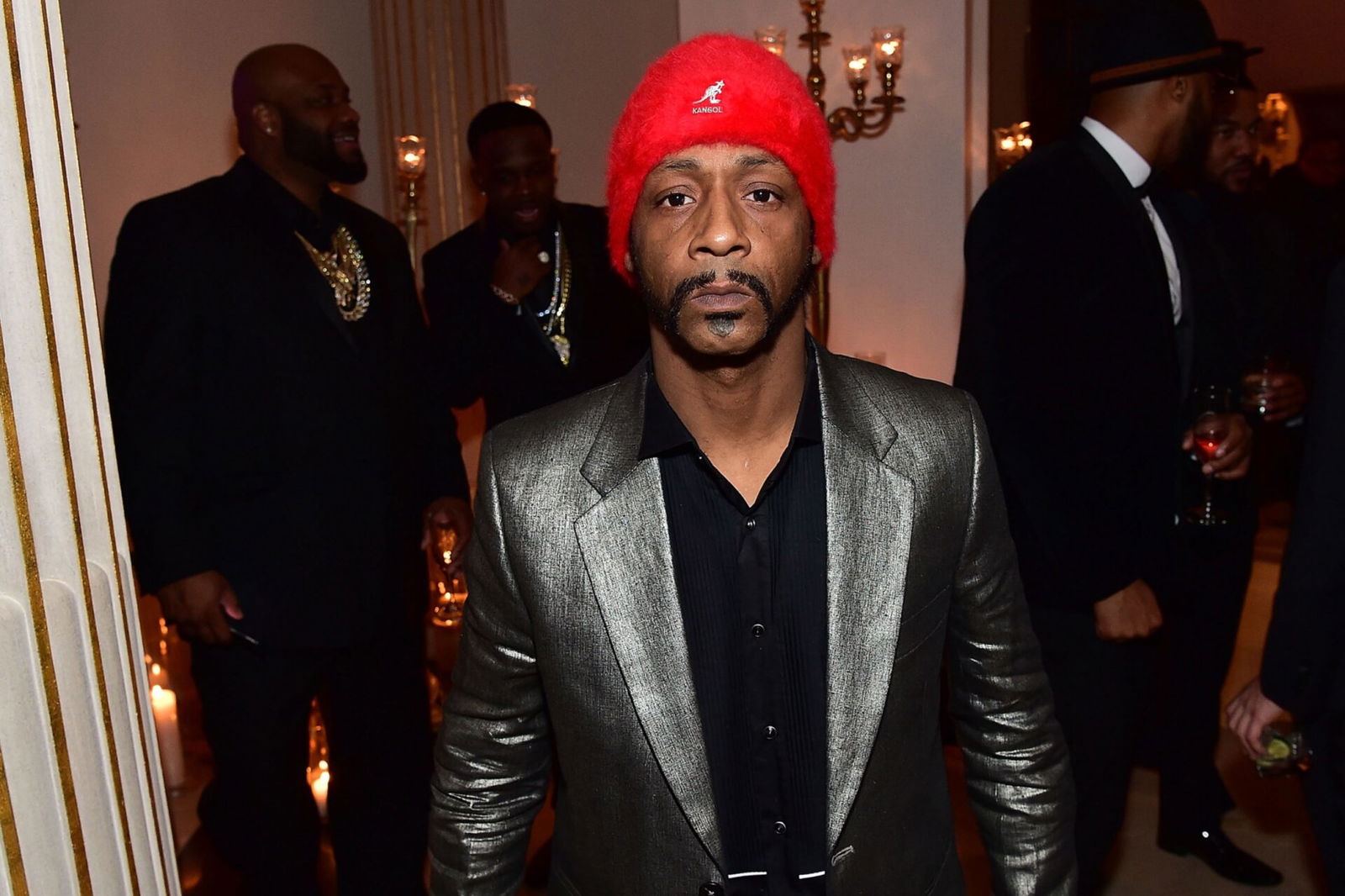
March 3, 2024
What Katt Williams Didn’t Tell Joe Rogan About Menthol Cigarettes
When questioned by Joe Rogan about Black people liking menthol cigarettes, Williams quipped, “You're gonna get me canceled. This is very racist, this conversation.”
As BLACK ENTERPRISE previously reported, the negative impact of menthol cigarettes on the Black community is well documented, but when UFC commentator and podcast host Joe Rogan asked Katt Williams about the topic, things went left.
As Newsweek reported, Williams appeared on Rogan’s podcast to promote his upcoming Netflix special. He was asked by the host during a wide-ranging interview, “Why do Black people like menthol cigarettes so much? What’s that about?”
Williams responded that he felt that the question was racist after briefly raising a concern that Rogan was trying to get him canceled.
“You’re gonna get me canceled. This is very racist, this conversation.”
The two went back and forth over the question for a few minutes before Williams eventually provided a half-answer, saying that Black people prefer “richer and stronger” cigarette flavors.
NPR’s Code Switch podcast recently dedicated an episode to discussing menthol cigarettes, and, according to Gene Demby, one of the podcast hosts, the reasons are much more nefarious.
Demby started a thread on X, formerly known as Twitter, discussing the issues that contributed to the phenomenon. One of the reasons he lists is the Black Press’s relationship with Big Tobacco.
Demby wrote, “John H. Johnson, the publisher of both those magazines (Ebony and Jet), said that he thought of those ads as part of what he called ‘compensatory gratification’ — this notion that Black folks had been denied access to leisure and conspicuous consumption.”
Demby continued, saying that the need for revenue was also a reason tobacco ads featuring menthol cigarettes received prominence in Black magazines. “He (Johnson) believed that Black people deserved to do and be seen doing pleasurable sh*t. As it ‘also happens,’ those menthol ads were major revenue drivers for Black magazines + newspapers — they were dependent on ad money from tobacco companies.”
Demby concluded, saying that Big Tobacco engaged in a full-court press using menthol cigarette advertisements in Black communities. “They flooded Black neighborhoods with billboards. They bought out ad spaces in the Black Press, as mentioned above. And in a move that presages a lot of influencer marketing, we see today, they gave $$$ + free product as “boast material” to popular people in Black neighborhoods.”
As a result of this strategy, according to Demby’s reporting, Black people went from 5% of menthol smokers in the early 1960s to somewhere between 80% and 85% of menthol smokers today, and it’s not because Black folks simply like strong flavors.
According to Demby, Big Tobacco aggressively targeted Black people with advertising campaigns, to the point where they even put Benjamin Hooks, an NAACP president in the 1980s, on their payroll as a speaker. Hooks would also argue that arguments against menthol cigarettes were paternalistic and that Black people could make their own choices.
Historian Keith Wailoo’s book Pushing Cool: Big Tobacco, Racial Marketing and the Untold Story of the Menthol Cigarette, which Demby cites as a source for his reporting, lays out the case that several influences helped create and sustain Black people as a target market for menthol cigarettes. According to The University of Chicago Press’s book listing, “’In Pushing Cool,’ Keith Wailoo tells the intricate and poignant story of menthol cigarettes for the first time. He pulls back the curtain to reveal the hidden persuaders who shaped menthol buying habits and racial markets across America: the world of tobacco marketers, consultants, psychologists, and social scientists, as well as Black lawmakers and civic groups including the NAACP.”
RELATED CONTENT: Menthol Cigarettes Could Finally Be Banned In March